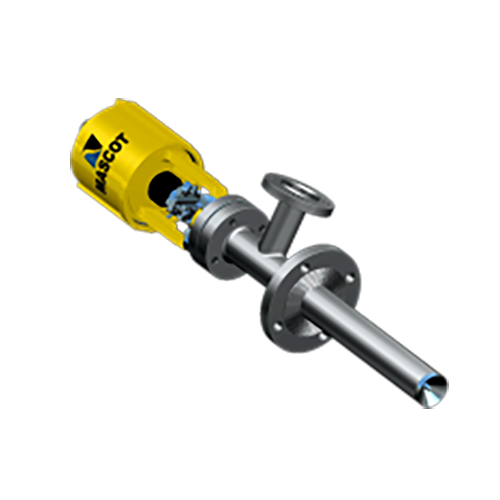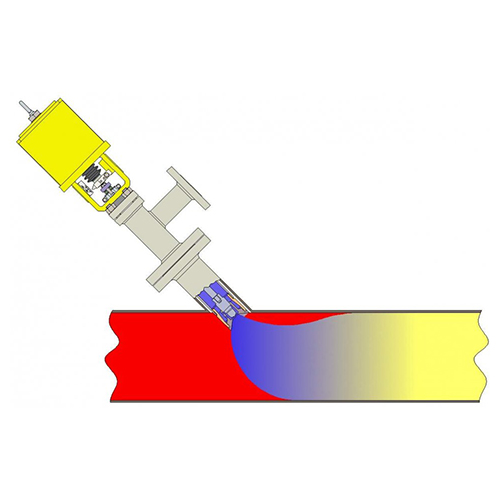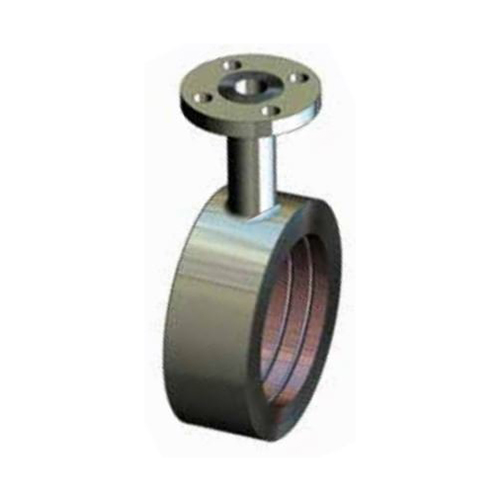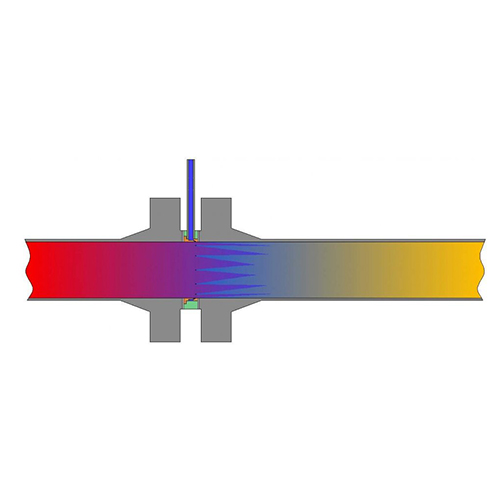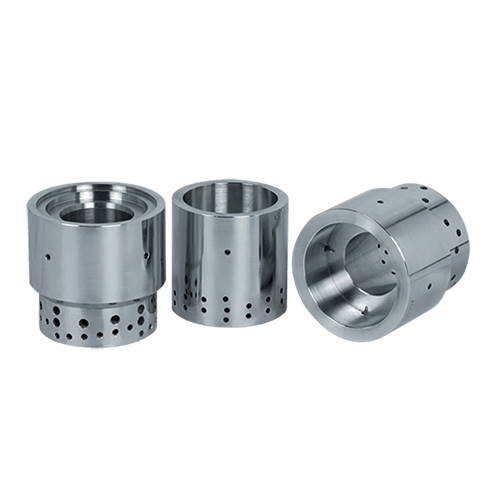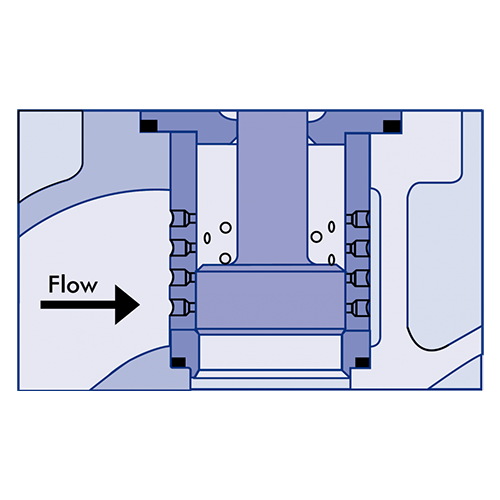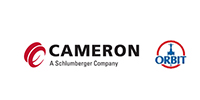- Globe: Size: 1/2"-48" + Rating: #150-#2500 + Body styles: 2-way, 3 way, angle + Trim types: standard plug, anti cavitation, noise reduction
- Butterfly: Size: 2" - 72" + Rating: #150-#600
- V-notch / segmented ball: Size: 1"- 24" + Rating: #150-#600
- Eccentric plug: Size: 1"- 24" + Rating: #150-#600
- Tank bottom: Size: 1"-12" Rating:#150-#600
- Desuperheater : Type: mechanical, variable, steam conditioning + Size: 1/2"-24" + Rating: #150-#4500
MASCOT is a well-established manufacturer and supplier of Control Valves, Shut-off Valves, Desuperheaters and Pressure Reducing and Desuperheating Stations(PRDS). Since 1972 MASCOT meets customer needs with a wide range of proven and new manufacturing technologies.
GFlo – Globe Control Valve
- Size : 1/2″-48″
- Rating : #150-#2500
- Body styles: 2-way, 3 way, angle, jacketed
- Trim types : standard plug, anti cavitation, noise reduction
Mascot MegaFlo - Noise attenuation trim
Reduces the gaseous noise in control valves
- Size : 1/2″-48″
- Rating : #150-#2500
- Body styles: 2-way, jacketed
- Trim types : noise control
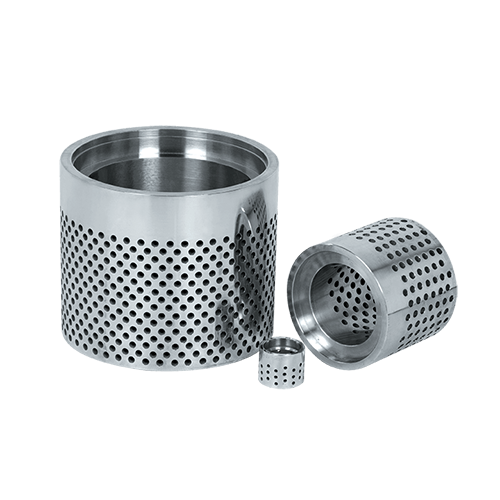
The MASCOT MegaFlo trim effectively reduces the gaseous noise in control valves.
MegaFlo design is a result of extensive research and engineering study. Various principles have been incorporated into the trim design allowing it to be used in varied applications like chemical/petroleum plants, refineries, power plants, process industries, nuclear industries and wherever a highly effective noise reduction valve is required.
Some of the built in design features are:
- Staged Pressure Reduction through a series of carefully designed drilled hole cages called “Stages”.
- Velocity Control.
- Turbulence Control.
- Acoustic Impedance.
- Generous Plug to Inner Cage (Stage) clearance which avoids galling and seizing.
The Basics: In conventional single-throttling-point globe control valves, a vena contracta (point of greatest flow constriction) occurs immediately downstream of the throttling point. A simplified pressure profile of the fluid as it passes through the valve shows slight pressure losses in the inlet and outlet passages, and a substantial reduction of pressure at the vena contracta. Note that the overall pressure drop between the inlet and the outlet does not reveal how far the pressure may have dropped within the valve itself.
The Problem with Gases: The problem becomes apparent by superimposing a velocity profile on the pressure profile, discussed above. For single-throttling-point control valves, with the sharp pressure reduction, the velocity will be greatly increased at the vena contracta. While considerable noise can be generated as velocities in the valve approach sonic levels, substantial noise can be generated even where inlet and outlet velocities are significantly less than sonic.
The Solution: The solution to the problem is to reduce the pressure from inlet to outlet gradually without allowing a sharp pressure drop at the vena contracta. Thus, gaseous velocities are maintained at reasonable values throughout the valve and high noise levels are simply not generated. Also, by breaking the flow into many small flow streams, turbulent energy is reduced and dissipated. In addition, noise generated upstream is substantially blocked by successive stages.
Mascot DeFlo VSD – Variable Spray
Integrates the precision and simplicity of a Control Valve into a Desuperheater
The DeFlo VSD integrates the precision and simplicity of a Control Valve into a Desuperheater to attain maximum turn-down, responsiveness and accurate control.
For the maximum efficiency the DeFlo VSD atomizes the cooling fluid at the vena contracta just downstream of the throttling point right at the injection point. The special design of the spray retainer ensures a hollow swirling cone pattern of the atomized fluid.
The total cooling water differential pressure is available at the throttling point hence optimizing the atomizing effect even further.
Features
- No Additional cooling water control valve required.
- Class V shut-off available.
- Probe installation which does not influence the piping geometry or velocity of the gas.
- Lower maintenance cost: No additional valve to service, integrated lightweight & compact high performance actuator.
Mascot DeFlo Mini – Mechanical Spray
Basic type of desuperheater
The DeFlo Mini is one of the most basic type of Desuperheater which utilizes a MASCOT GFlo Globe Control valve as its cooling water control valve.
It consists of fixed jets arranged to face the steam flow direction through the periphery of the Desuperheater sleeve.
It works well in stable conditions where the steam flow turn-down is a maximum of 4:1.
The Stainless Steel sleeve acts as a thermal liner and is of the size of the steam pipe ID hence eliminating localized velocities created by many competitor designs.
For low turndown applications or in oversized pipes a venturi sleeve can be provided which creates local turbulence and velocity for effective mixing of the water with the steam.
Mascot CavFlo – Cavitation Control Trim
Effectively minimizes cavitation damage to control valve components
- Size : 1/2″-48″
- Rating : #150-#2500
- Body styles: 2-way, jacketed
- Trim types : anti cavitation
The MASCOT CavFlo trim effectively minimizes cavitation damage to control valve components by controlling the location of vapour bubble implosion in an area away from metal parts.
Problem: Cavitation Damage
Cavitation is a two-stage process: First, as fluid velocity increases through the restriction at the vena contracta, the pressure of the flowing liquid drops below the vapour pressure causing vapour bubbles to form.
Second, as the flow enters the enlarging passageway downstream of the vena contracta, the velocity decreases. The resultant pressure recovery raises the fluid pressure back above the vapour pressure, causing the vapour bubbles to collapse or implode. The implosion of the bubbles on metal surfaces stresses and eventually tears away particles of the metal. Throttling in most globe valves occurs at the restriction created by the clearance between the valve plug and seat ring; therefore, both can be severely damaged by cavitation. In addition, imploding vapour bubbles near the valve body and adjacent piping can also cause damage.
The Solution: CavFlo Trim: MASCOT CavFlo trim utilizes a number of small, diametrical flow holes through the walls of the seat retainer. As the valve plug lifts off the seat, increasing pairs of holes are opened. Each hole admits a jet of cavitating liquid, which impinges in the center of the retainer upon the jet of liquid admitted through the opposing hole. The impinging fluid jets form a fluid cushion and an area of pressure recovery that cause the collapse of the vapour bubbles in the fluid stream away from metal parts.
Stepped holes are used to ensure orifice type flow rather than tube type flow through the retainer; thus, the vena contracta is established externally rather than inside the retainer itself. The turbulence of the impinging flow promotes the collapse of vapour bubbles at the center of the seat retainer, minimizing damage to valve trim.
The valve plug fits the retainer closely, controlling the fluid flow through the holes. Therefore, the fluid must be fairly clean to avoid sticking and galling problems between plug and retainer.
Multistage CavFlo: The CavFlo multistage cartridge may appear similar to other competitive designs because of its drilled holes and close-fitting cylinders but here the similarity ends. Rather than acting as a flow restriction, the drilled holes in the CavFlo multistage cartridge are used as expansion areas for the fluid as it enters from restrictive channels machined in the outside of all interior cylinders. This prevents the fluid recovery from occurring adjacent to a critical trim surface. Successive intersections of the restrictive channels result in additional pressure losses while expansion holes connected to the channels create a series of expansions and contractions that result in a series of pressure drops. This staged pressure drop eliminates cavitation in most applications and minimizes the energy of cavitation that may still occur in others.
No Clogging Design: Anti-cavitation valves are typically constructed with small flow passages that can become plugged by dirt or other debris in the fluid stream. Such devices usually direct the flow initially to the throttling plug before passing it through the restrictive device. This results in sticking and galling as dirt and other material become trapped between the sliding plug and the inside surface of the anti-cavitation device. On the other hand, CavFlo is designed with two important protective features to minimize such plugging problems: First, flow is first brought through the cartridge; contaminants too large to pass through the small outer channels are trapped at the outer-most stage of the cartridge preventing debris from traveling through the device to the throttling plug. Second, because the inner channels progressively become larger, small particles (which pass through the first set of channels) are easily passed through the rest of the cartridge. In the unlikely event that the cartridge does become plugged, it can be easily disassembled and cleaned as the cartridges are never welded together.
Mascot DeFlo SCV – Steam Conditioning Valve
Compact device in which pressure reducing and desuperheating is combined
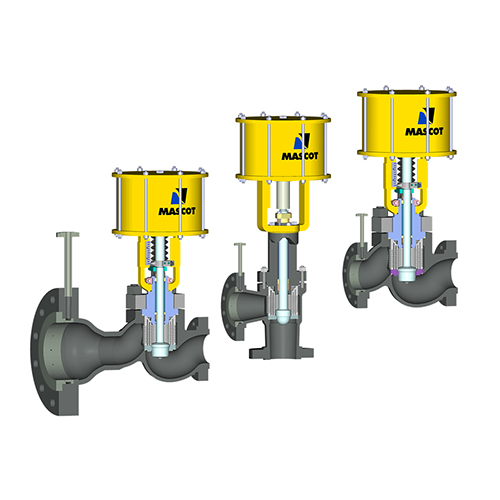
This combined type Pressure Reducing cum Desuperheating control valve is a compact yet effective and carefully designed device. The MASCOT DeFlo SCV eliminates all common issues faced by combined type steam conditioning valves.
The SCV is the most efficient way of steam conditioning where the water is injected in a highly turbulent area to ensure most efficient water to steam mixing. The DeFlo SCV are available in Standard, Angle and Expanded outlet configuration.
No special expertize is required to operate or maintain the MASCOT DeFlo SCV as it utilizes most spares of a Standard GFlo Globe Control valve with an addition of a Thermal Desuperheating Sleeve at its outlet. This spray method protects the valve belly from pitting and thermal shocks/stresses unlike most competitive designs. This also reduces the SCV maintenance costs as the Valve and Trim life is greatly enhanced.
With an extended knowledge of Control Valves and Desuperheating units MASCOT is one of the only two specialists in the world who are in the field of Pressure Reducing and Desuperheating.
Documentation Mascot
- Mascot CavFlo Cavitation Control
- Mascot DeFlo Desuperheater
- Mascot DiskFlo Butterfly Control Valve
- Mascot EFlo Eccentric Plug Valve (Rotary Globe)
- Mascot FlushFlo Bottom Discharge Valve
- Mascot GFlo Globe Control Valve
- Mascot Linear-Actuator
- Mascot MegaFlo Severe Service Trim Noise Reduction
- Mascot Product range
- Mascot Spring Cylinder Rotary Actuator
- Mascot VFlo V-Notch Ball Valve

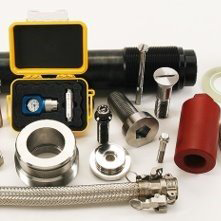 Accessories
Accessories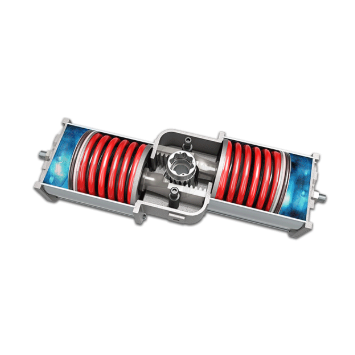 Actuators
Actuators Ball Valves
Ball Valves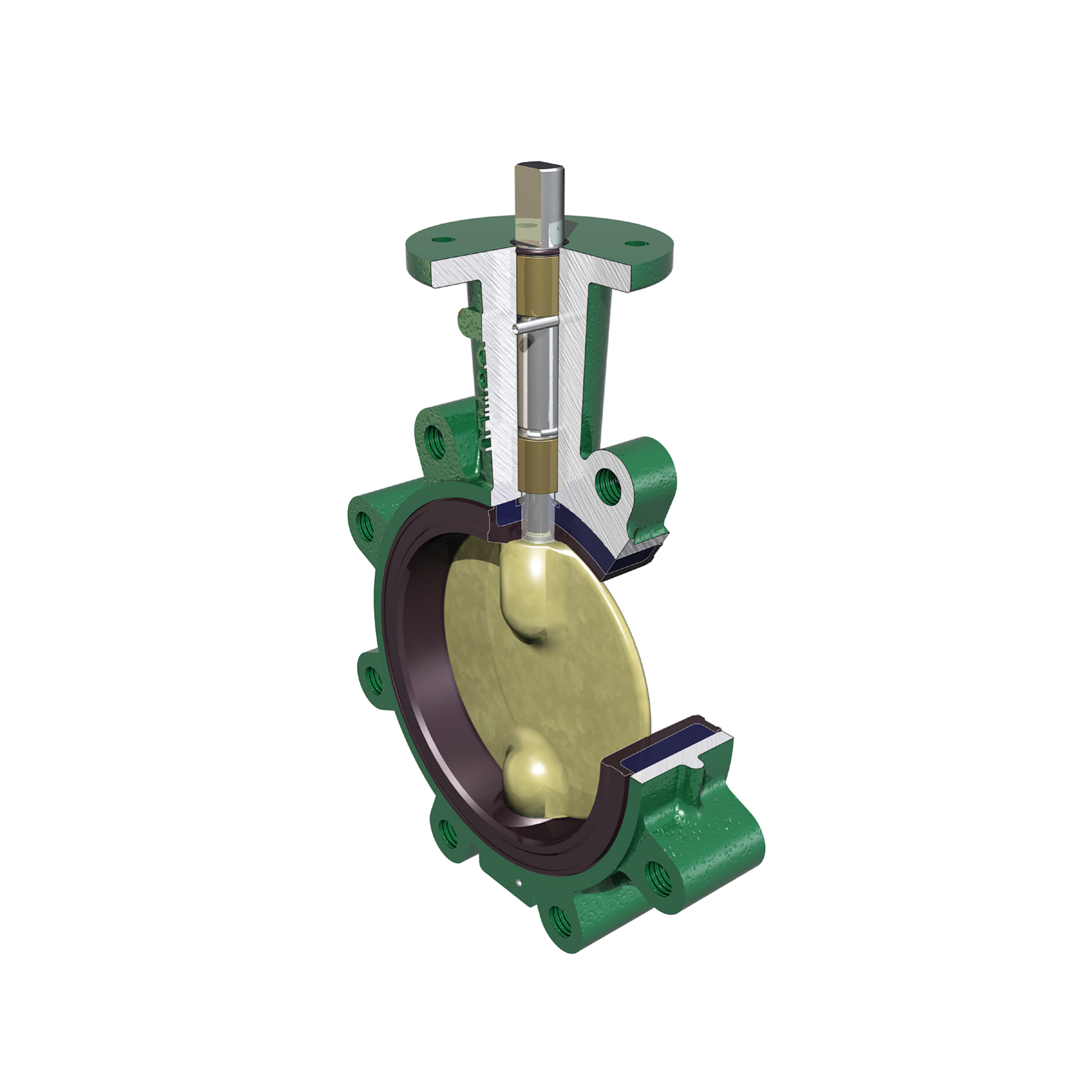 Butterfly Valves
Butterfly Valves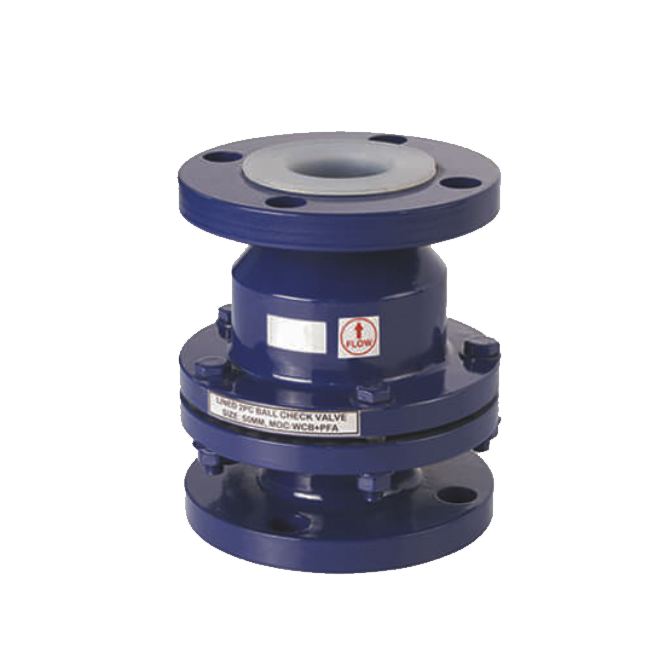 Check Valves
Check Valves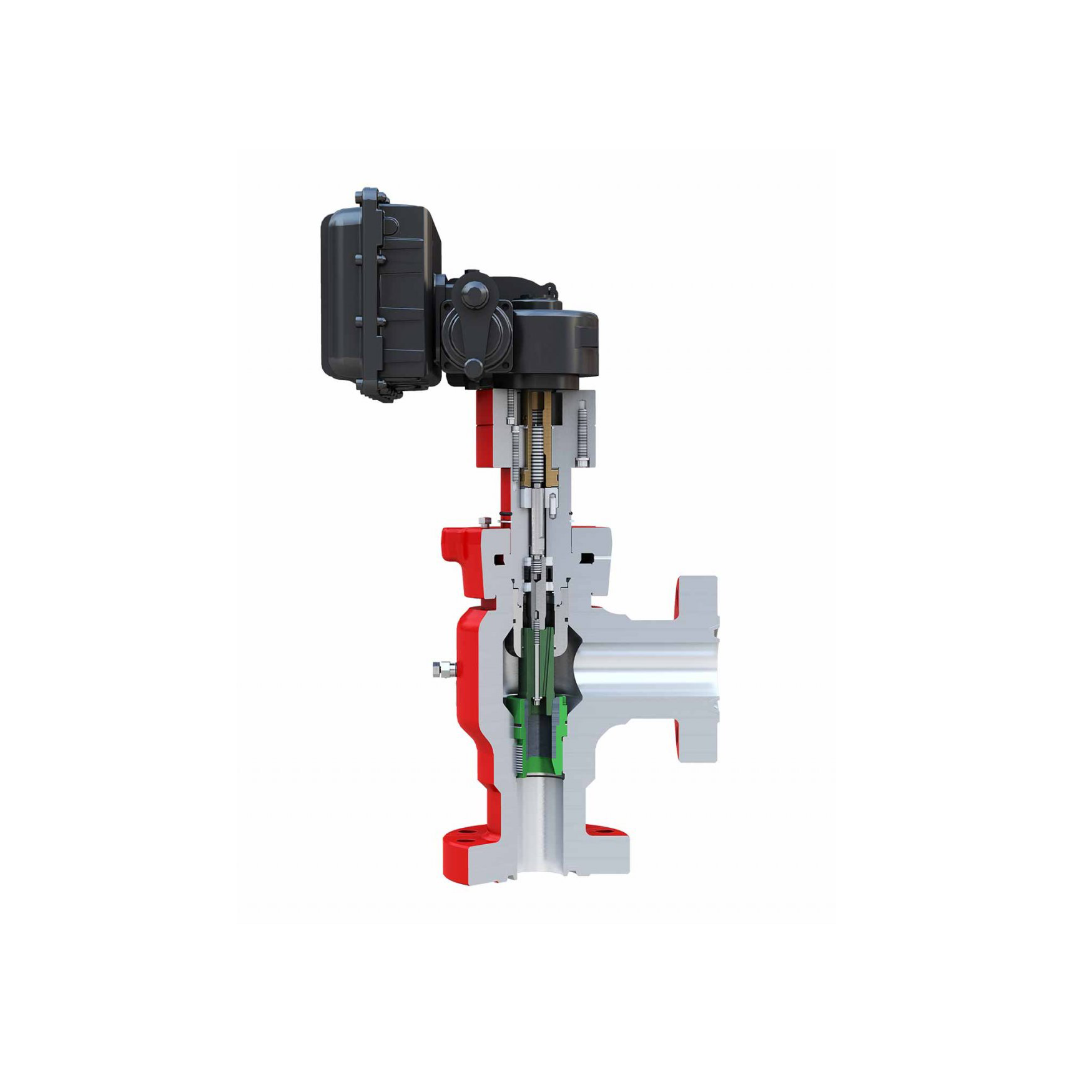 Choke Valves
Choke Valves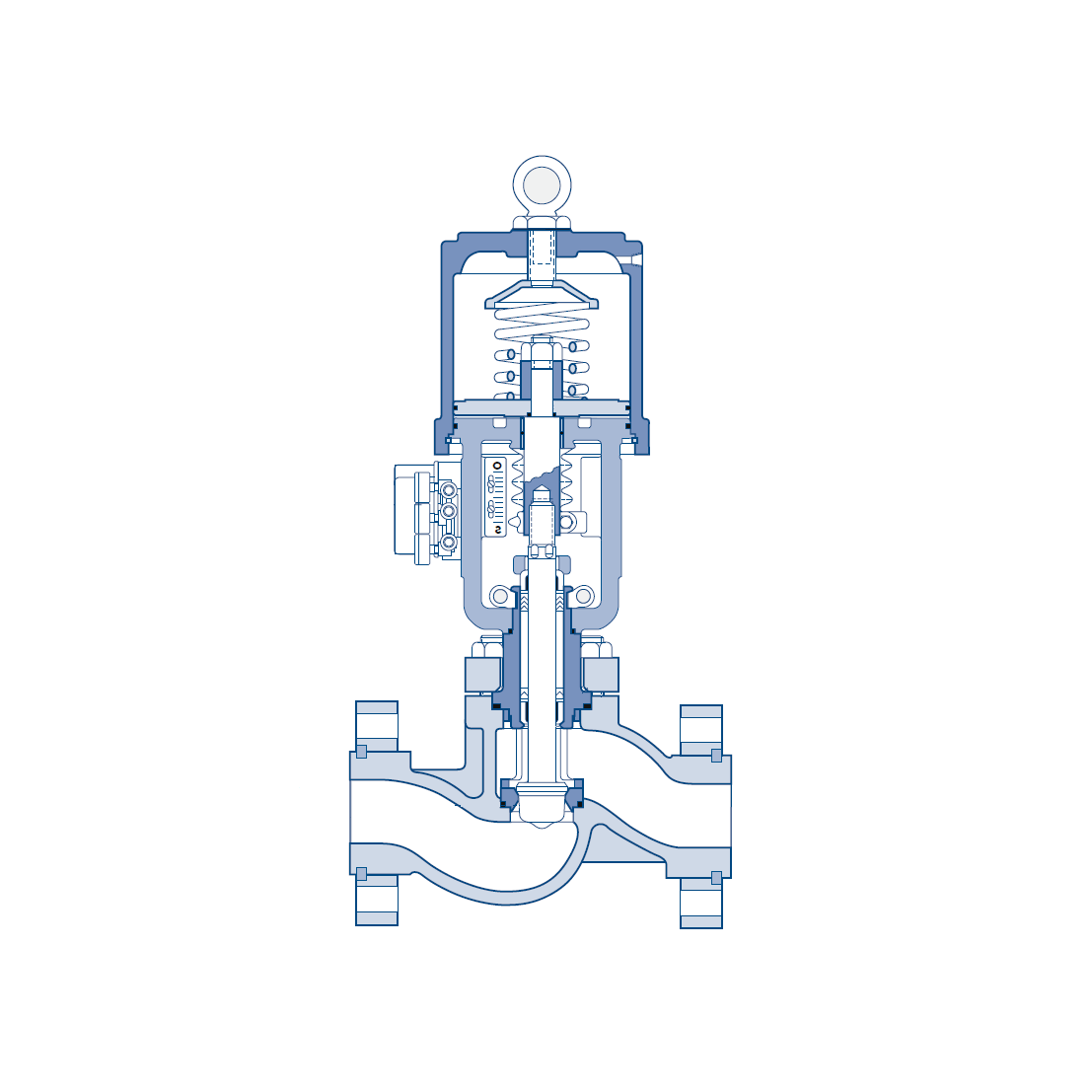 Control Valves
Control Valves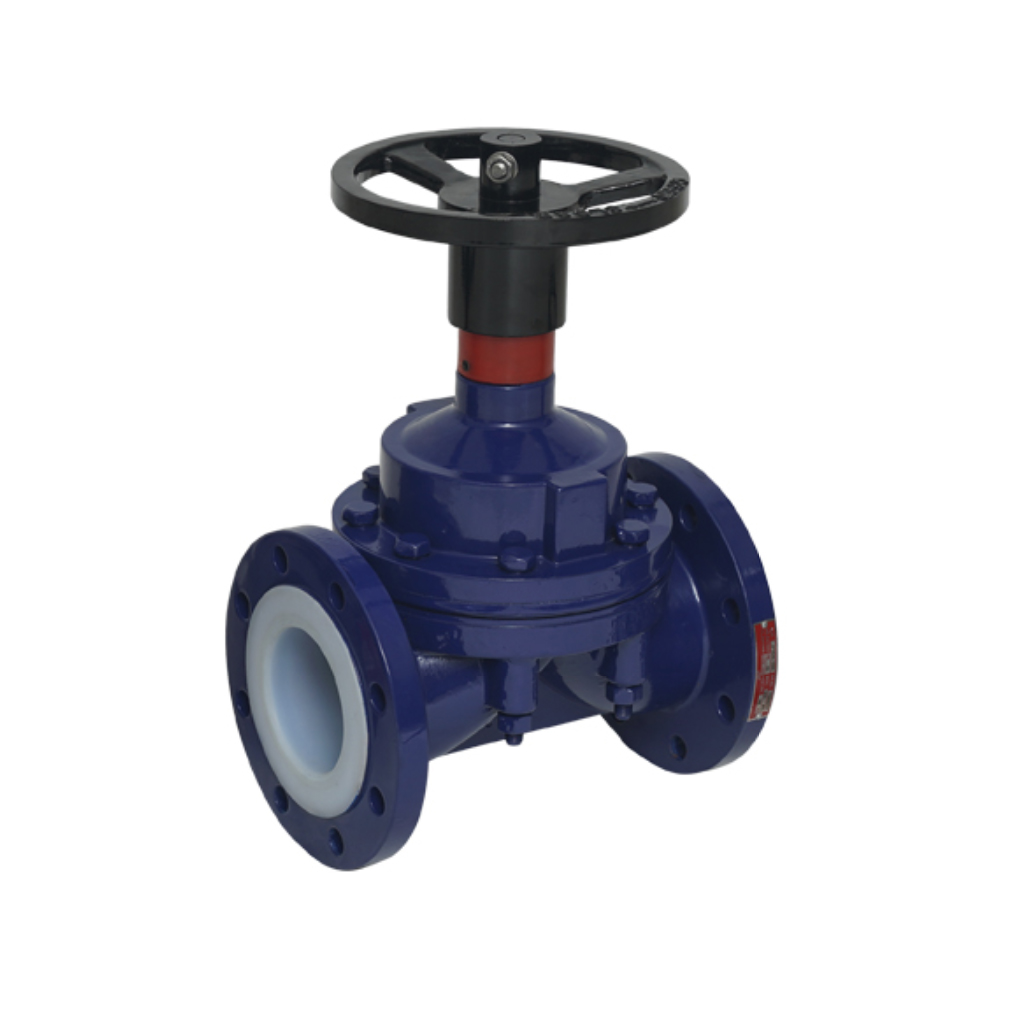 Diaphragm Valves
Diaphragm Valves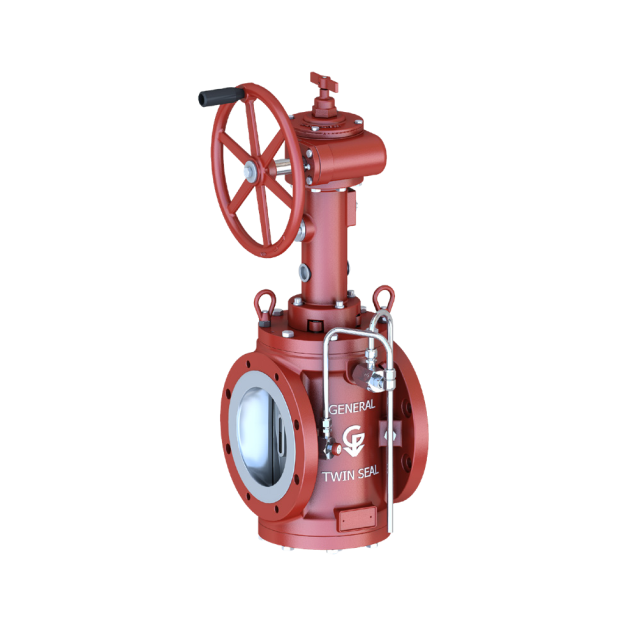 Dual Expanding Plug Valves
Dual Expanding Plug Valves Fittings
Fittings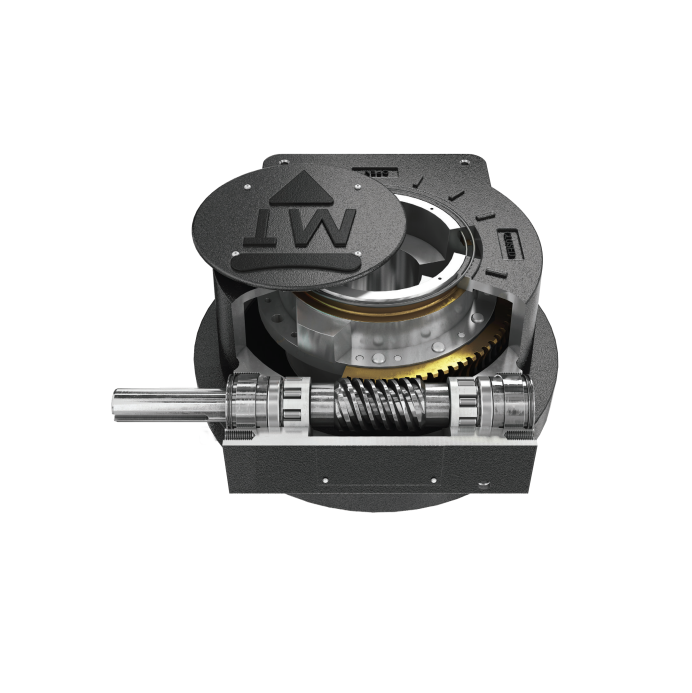 Gear Box
Gear Box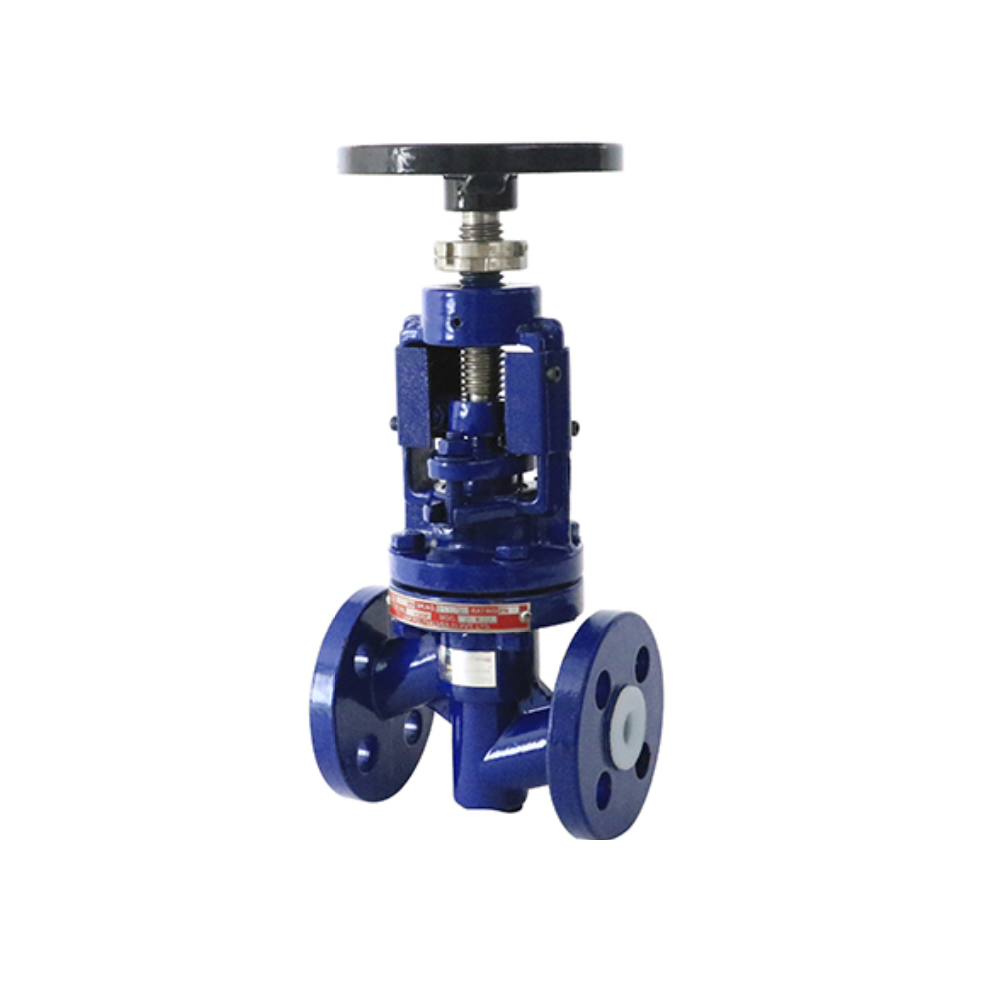 Globe Valves
Globe Valves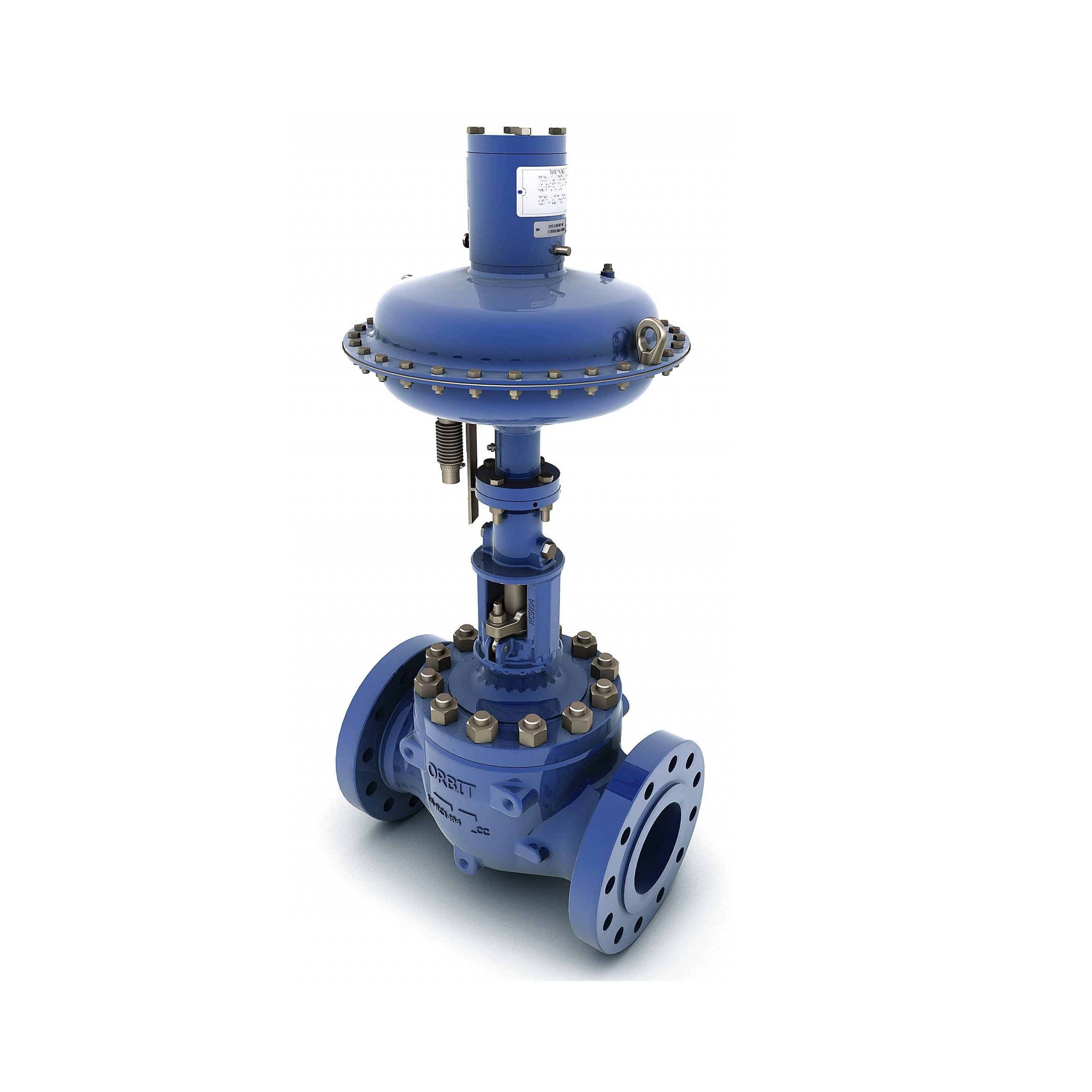 Rising Stem Ball Valves
Rising Stem Ball Valves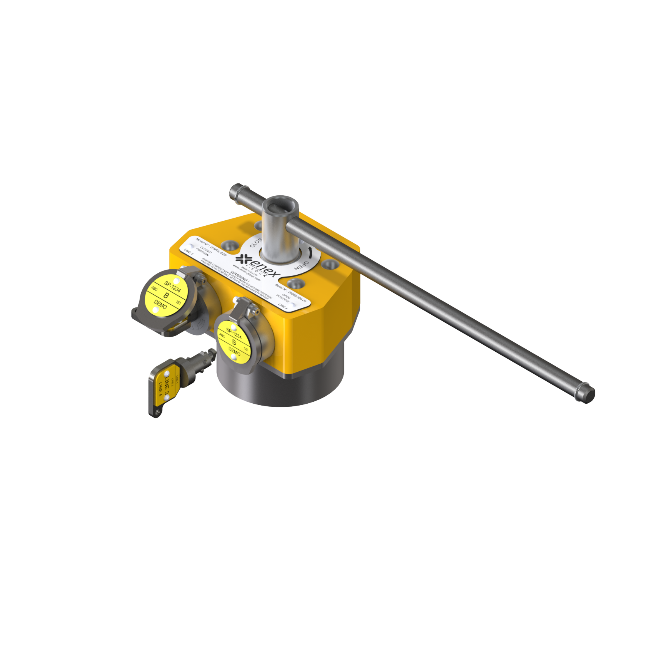 Interlocks
Interlocks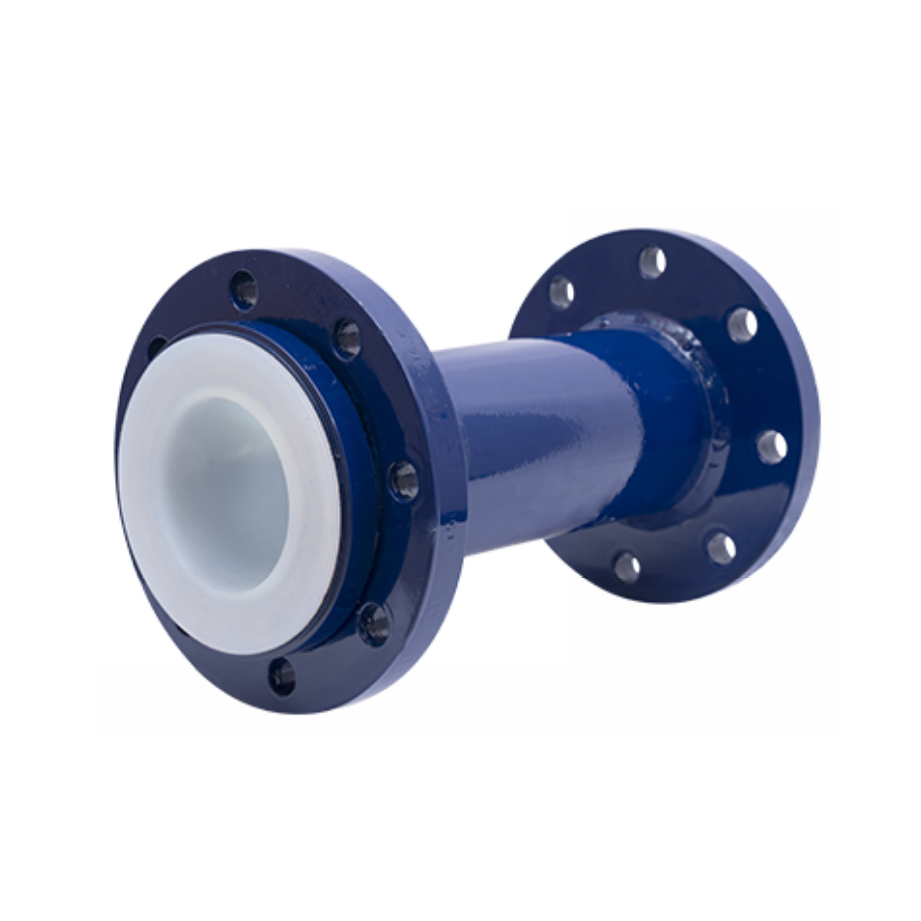 Pipes
Pipes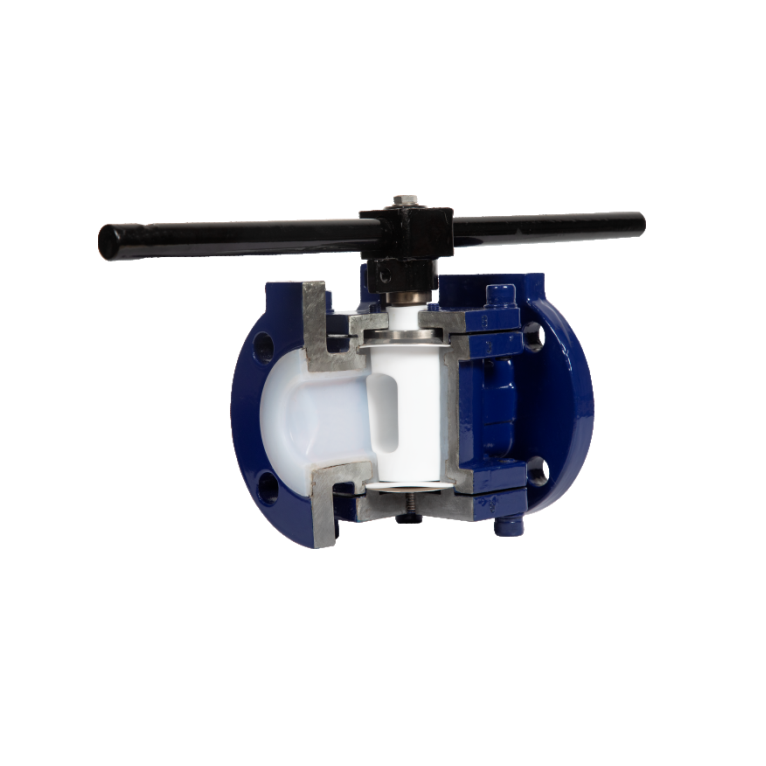 Plug Valves
Plug Valves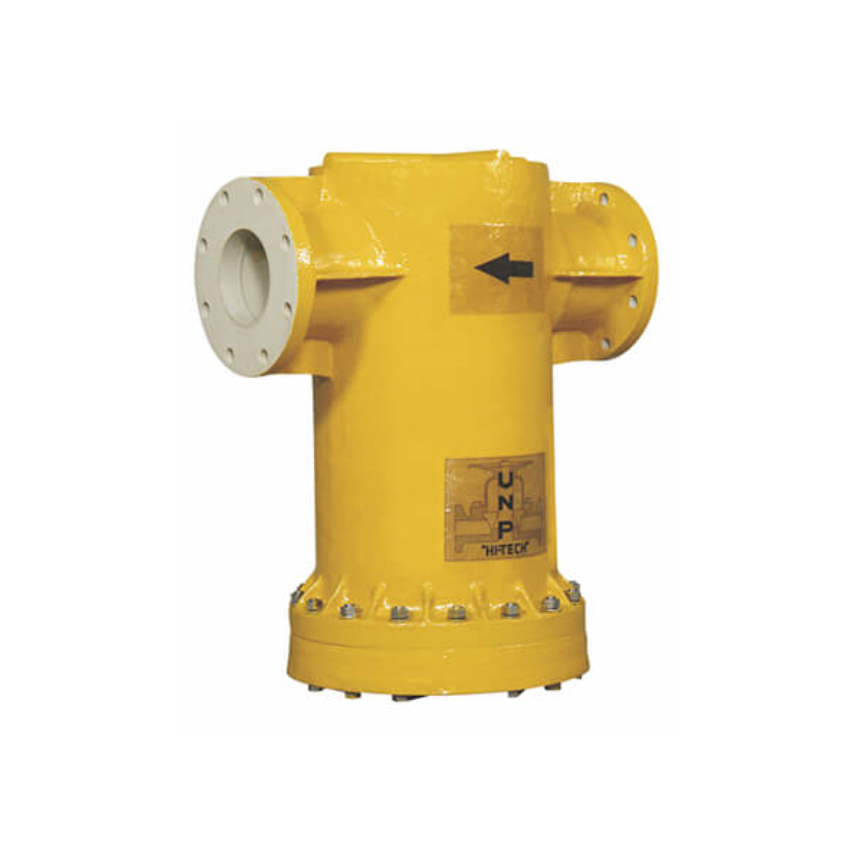 Strainers
Strainers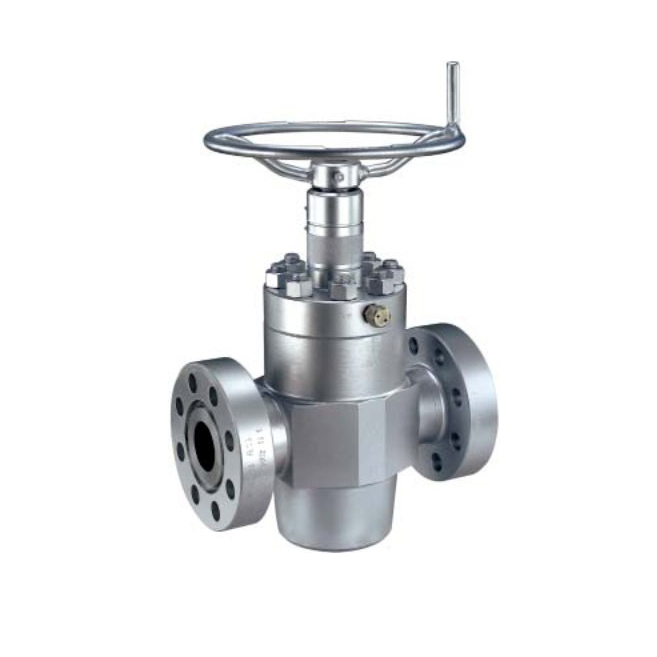 Gate Vavles
Gate Vavles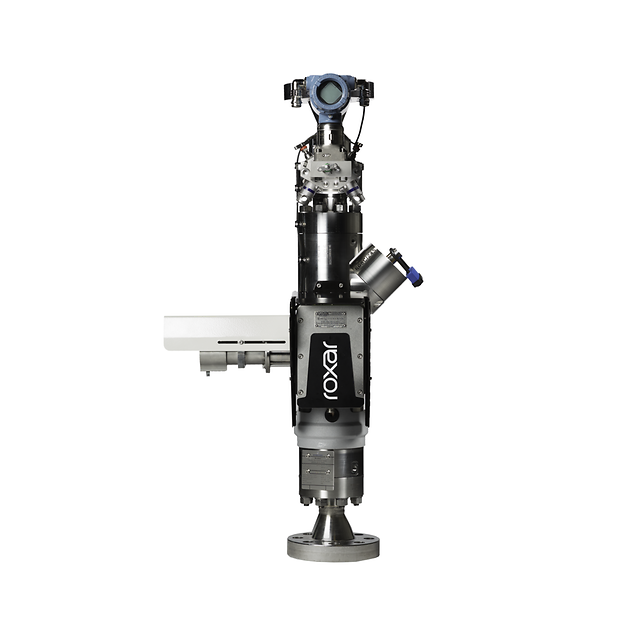 Instrumentation
Instrumentation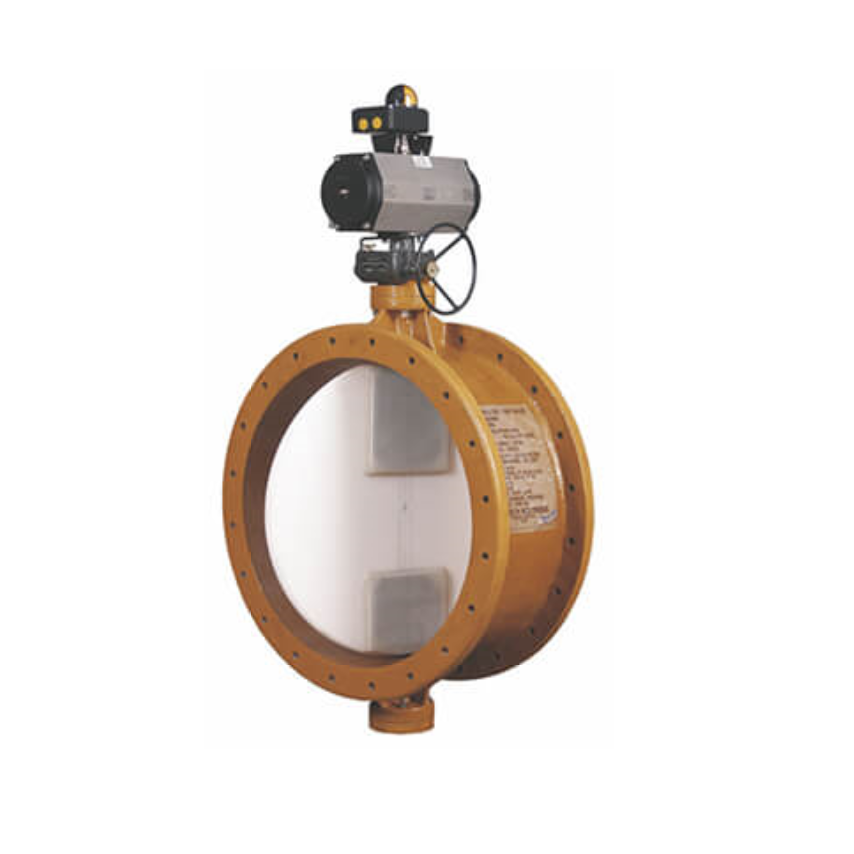 Varous
Varous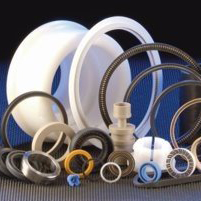 Sealing Materials
Sealing Materials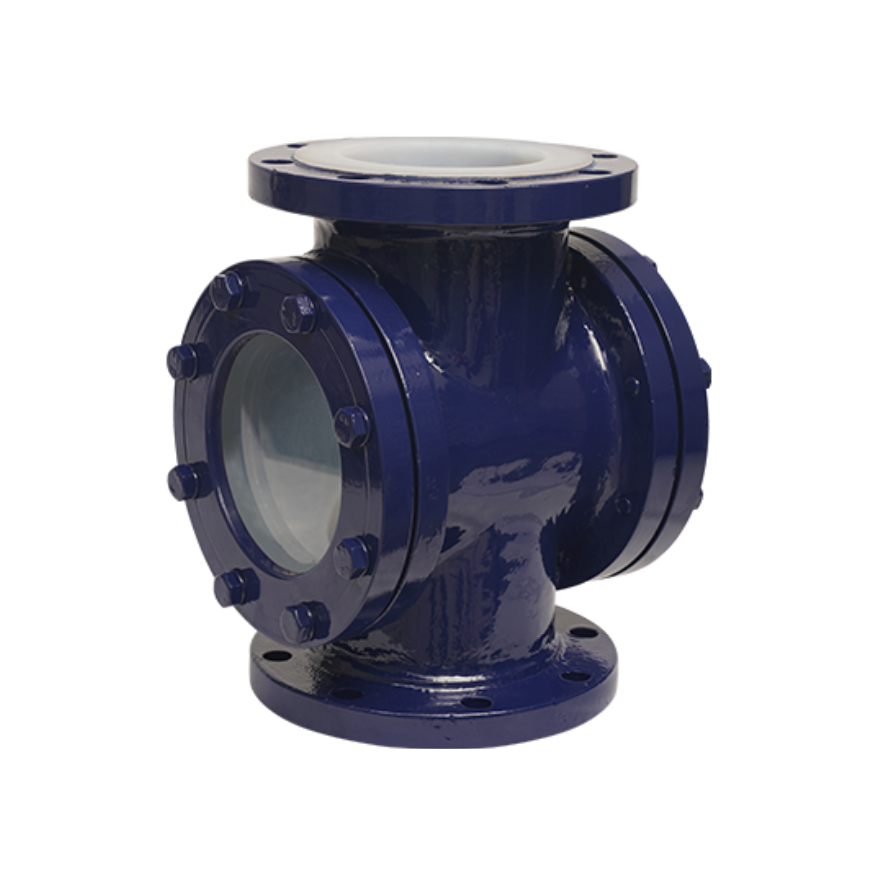 Sight Flow Indicators
Sight Flow Indicators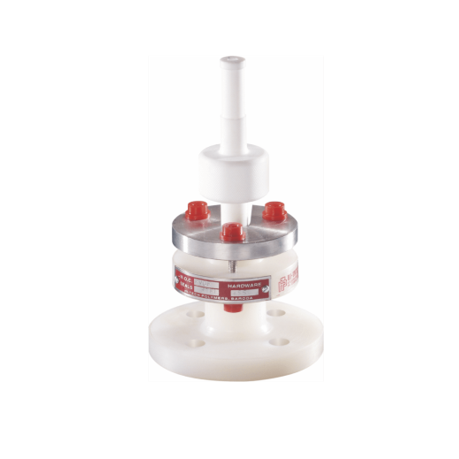 Sampling Valves
Sampling Valves